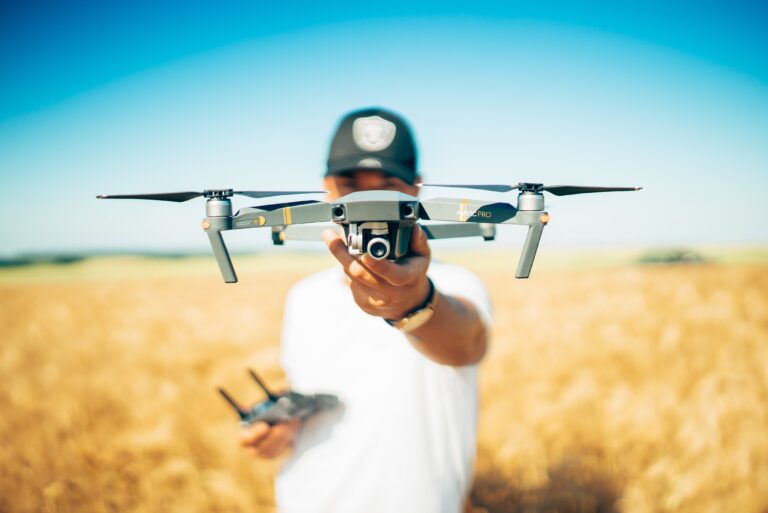Biometric Technologies Redefine the Airport Experience
The traditional airport experience has long been associated with long lines, passport checks, and the repeated presentation of travel documents. But that reality is quickly evolving. In next-generation airports, passengers can now travel using only their faces, without ever having to show a physical ID. At the heart of this transformation lies biometric technology.
Yet, like every major technological shift, the rise of biometrics brings not only convenience but also a set of complex questions surrounding privacy, security, and international cooperation.

The Rise of Biometric Systems at Airports
Biometric methods, such as facial recognition, iris scans, and fingerprint identification, are enhancing the passenger journey while streamlining airport operations.
- At Singapore Changi Airport, the goal is to have 95% of immigration processes biometric by 2026.
- Abu Dhabi’s Zayed International Airport has integrated facial recognition across all security checkpoints, allowing passengers to move through without presenting physical documents (Mitchell,2024).
- India’s Digi Yatra system enables passengers to complete check-in, security, and boarding entirely through facial recognition. However, reports that some users were enrolled without consent have sparked concerns over data privacy.

Data Security: Walking the Line Between Privacy and Innovation
Biometric data is among the most sensitive and immutable types of personal information. Its collection and use raise significant privacy and security concerns.
- In the European Union, the General Data Protection Regulation (GDPR) mandates that biometric data be processed only with explicit consent, for limited purposes, and with robust protection.
- In the United States, regulations vary by state, making it difficult for global airlines to establish consistent data governance policies.
Cross-Border Security: The Global Face of Data Sharing
International data sharing can play a key role in defending against transnational threats. However, it also raises critical questions about individual rights and transparency.
- The Migration 5 countries (the U.S., U.K., Australia, Canada, and New Zealand) exchange more than 8 million biometric records annually.
- While this approach helps reduce security risks, it also amplifies the need for greater clarity around where and how passenger data is used.
A Glimpse into the Future: Digital Identities and Contactless Airports
The International Civil Aviation Organization (ICAO) is working on a Digital Travel Credential (DTC) that could eventually replace physical passports.
- Passengers would store all their travel documents in a secure digital wallet on their mobile device.
- At each checkpoint, facial recognition would verify their identity, and the data would be deleted immediately after use.
- This system would not only reduce fraud and errors but also eliminate the need to carry physical documents.
Yet the path forward is not without challenges. Global interoperability, legal frameworks, and technical reliability remain key barriers to large-scale adoption.
Trust in Technology, Respect for Data
Biometric technologies are making airports faster, safer, and more user-friendly. However, this digital transformation will not be sustainable unless principles of transparency, ethical responsibility, and data security support it.
The balance between technology and security will be the cornerstone in shaping the airports of the future.
The airports of tomorrow will not be defined by technology alone, but also by the respect shown for passengers’ rights.
You can also find our other content on airport innovations from another perspective here.
References
International Air Transport Association (IATA). Data protection & privacy. From https://www.iata.org/en/programs/passenger/data-protection-privacy/
The Times. New airport rules will get rid of boarding passes and check-in. From https://www.thetimes.co.uk/article/new-airport-rules-boarding-pass-check-in-fs8d5qg2j
Mitchell, A. (2024, August 7). This airport will soon be able to automatically ID passengers using controversial new tech: ‘No government should be trusted’. New York Post. From https://nypost.com/2024/08/07/lifestyle/this-airport-is-leading-the-way-to-document-free-process-with-biometric-scanners/
Wikipedia contributors. Digi Yatra. Wikipedia. From https://en.wikipedia.org/wiki/Digi_Yatra
Wikipedia contributors. Migration 5. Wikipedia. From https://en.wikipedia.org/wiki/Migration_5
Pictures: Freepik







